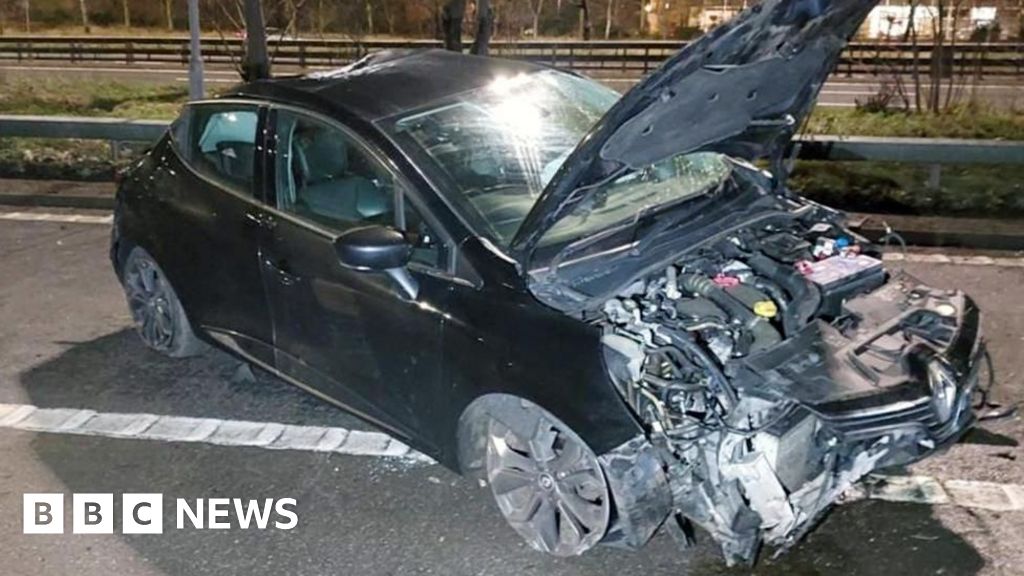Football
Police Scotland watchdog warning amid rise in road casualties

HMICS inspectors said they were aware of a recent proposal by senior management – currently on hold – to focus only on day and late shifts rather than a 24-hour staffing model.
Mr Naylor also urged the force to make it easy for the public to report road traffic offences by directly uploading video clips rather than having to phone the force beforehand.
The report made 13 recommendations, including looking at ways to free up officers from court time through virtual appearances.
And it said the force should work with the Scottish government on a legislative change that would allow the escorting of abnormal loads to be carried out by an agency other than the police.
Adrian Simpson, head of policy at the Royal Society for the Prevention of Accidents (RoSPA), said sufficient resources were vital to support the goals of Scotland’s Road Safety Framework to 2030, external,
It sets out the vision for the country to have the best road safety performance in the world by the start of the next decade.
Mr Simpson added: “Due to rising casualty rates, we believe that visible, proactive road policing should remain a priority.
“Policing plays a vital role in promoting safer driving behaviours and deters dangerous practices.”
Ch Supt Hilary Sloan, Police Scotland’s head of road policing, said the force was already striving to meet some of the HMICS recommendations.
She said: “Road policing officers are out every day educating road users and carrying out enforcement.
“It is encouraging to see our work with road safety partners to embed crucial behaviour change recognised in this report.”
She added Chief Constable Jo Farrell had been clear the service must evolve to meet demand.
Ch Supt Sloan said: “As part of this, we have outlined that we will identify and implement a sustainable model for road policing.”










